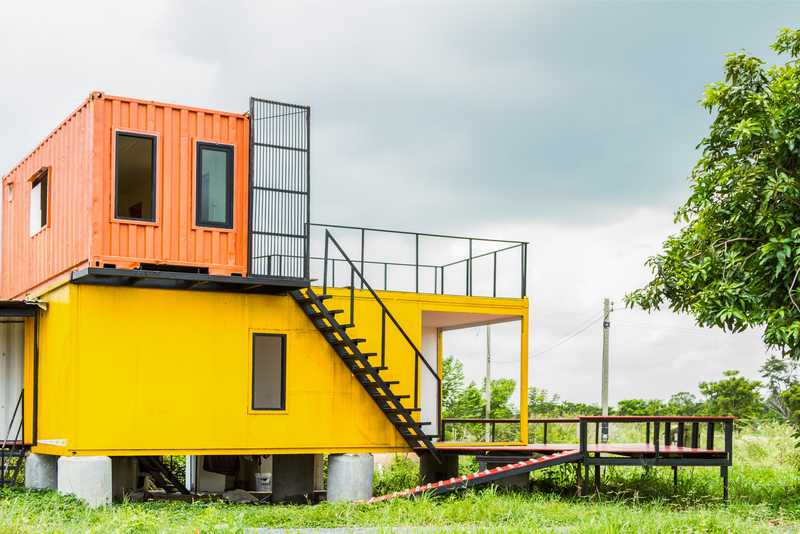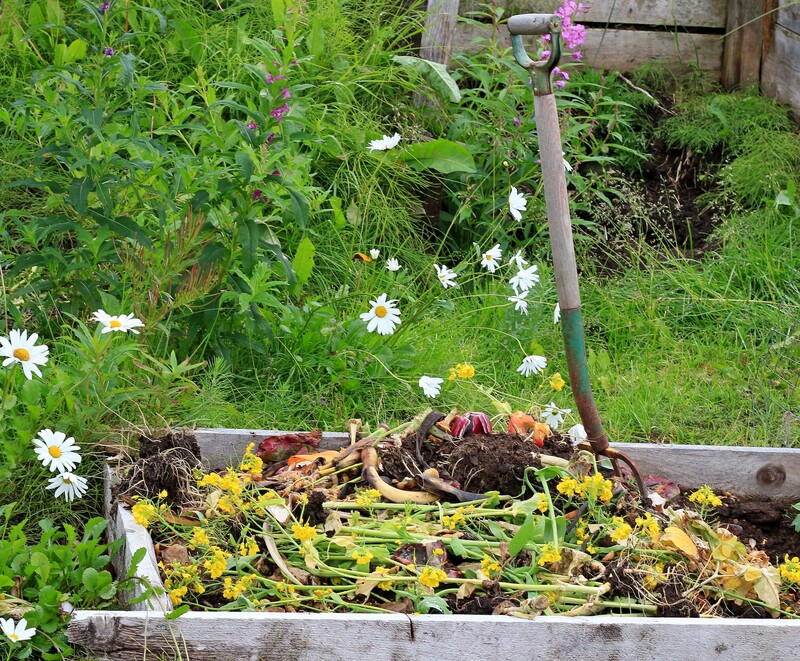Future Insights into Plant-Based Plastics
Posted on 16/02/2025
The world is increasingly becoming aware of the pitfalls associated with traditional petroleum-based plastics, ranging from environmental degradation to long-term sustainability issues. In response, the focus has shifted towards plant-based plastics, an innovative and eco-friendly alternative.
Understanding Plant-Based Plastics
Plant-based plastics, also known as bioplastics, are derived from renewable organic sources such as corn, sugarcane, and cassava. Unlike conventional plastics, bioplastics are not synthesized from fossil fuels, thereby offering a significantly lower carbon footprint.

The Technological Landscape
As technology advances, methods for developing plant-based plastics are continually evolving. Innovations in biotechnology and material science are facilitating the production of bioplastics that can match, or even surpass, the performance characteristics of traditional plastics.
Commercial Viability
One of the major hurdles for plant-based plastics has been their commercial viability. With the ongoing investments and research in the domain, the cost-efficiency of bioplastics is expected to improve. Markets and brands are showing an increasing willingness to adopt these more sustainable alternatives, which will drive the economies of scale and reduce production costs over time.
Sustainability and Environmental Impact
The primary allure of plant-based plastics lies in their sustainability. When disposed of appropriately, bioplastics can be composted, substantially reducing landfill waste. Moreover, the raw materials needed for producing bioplastics are renewable, thereby contributing to environmental conservation.
Challenges to Overcome
Despite the promising future, several challenges remain. These include the complexities of managing the lifecycle of bioplastics. While these materials are biodegradable under certain conditions, they require specific environments to decompose efficiently. Otherwise, they may persist in environments similarly to conventional plastics.
Pros and Cons of Plant-Based Plastics
Pros:
- Reduced Carbon Footprint: Use of renewable resources significantly lowers greenhouse gas emissions.
- Biodegradability: Under the right conditions, bioplastics decompose faster than petroleum-based plastics.
- Versatility: Bioplastics can be adapted to a range of applications, from packaging to medical devices.
Cons:
- Commercial Viability: Higher production costs compared to traditional plastics.
- Biodegradability Issues: Require specific conditions to decompose, limiting practical effectiveness.
- Resource Use: Large-scale cultivation of bioplastic crops can lead to resource strain and ecological imbalance.
Tips for Adoption
1. Research More: Stay updated with the latest developments and innovations in plant-based plastics.
2. Educate Stakeholders: Producers, consumers, and regulatory bodies should be well-informed about the benefits and limitations of bioplastics.
3. Promote Policy Change: Advocate for policies that support the sustainable production and disposal of bioplastics.

Takeaways
- Plant-based plastics offer a promising alternative to traditional plastics, balancing performance with sustainability.
- Technological advancements are crucial for improving the commercial viability and environmental benefits of bioplastics.
- Awareness and regulatory support are essential for driving widespread adoption.
Conclusion
Plant-based plastics represent a forward-thinking approach to addressing the environmental challenges posed by traditional plastics. As we continue to innovate and refine the technology, and as awareness and adoption increase, bioplastics could well pave the way for a sustainable future. By understanding their benefits and limitations, and by making informed choices, we can contribute to a healthier planet for future generations.
Latest Posts
Eco-Friendly Home Organization
Dispose with Care: Responsible Strategies for Removing Waste
Sustainable Solutions for Commercial Waste
Sustainable Solutions: A Closer Look at London's Waste Reduction Efforts

 020 3744 5712
020 3744 5712










